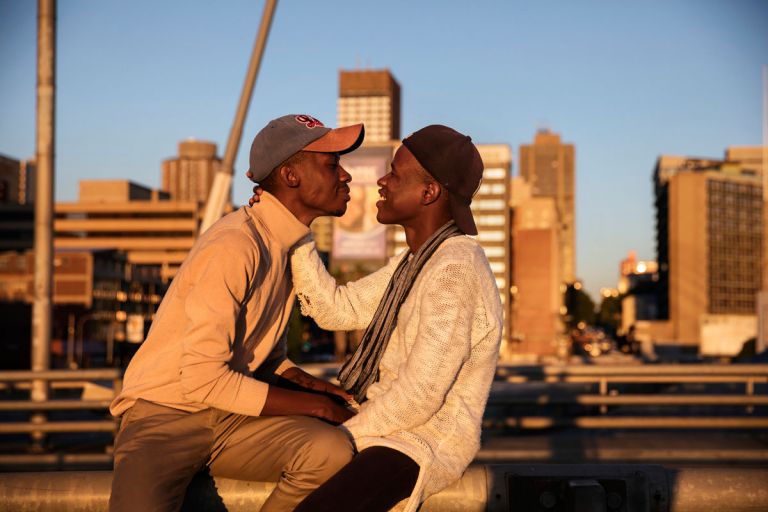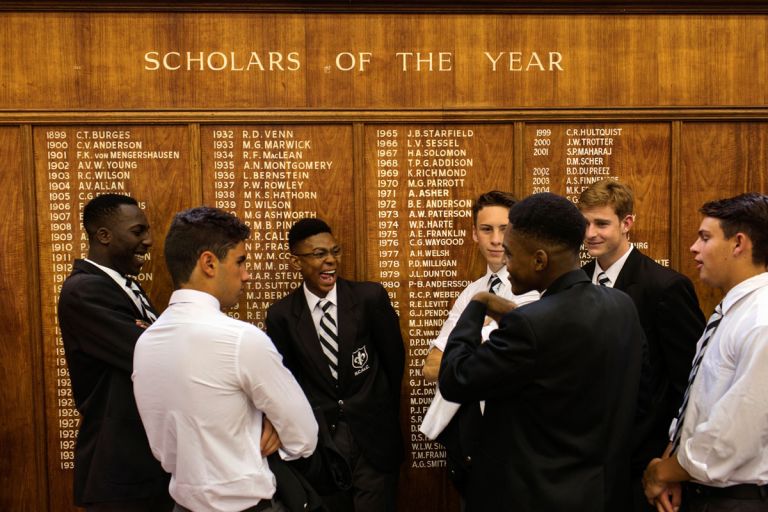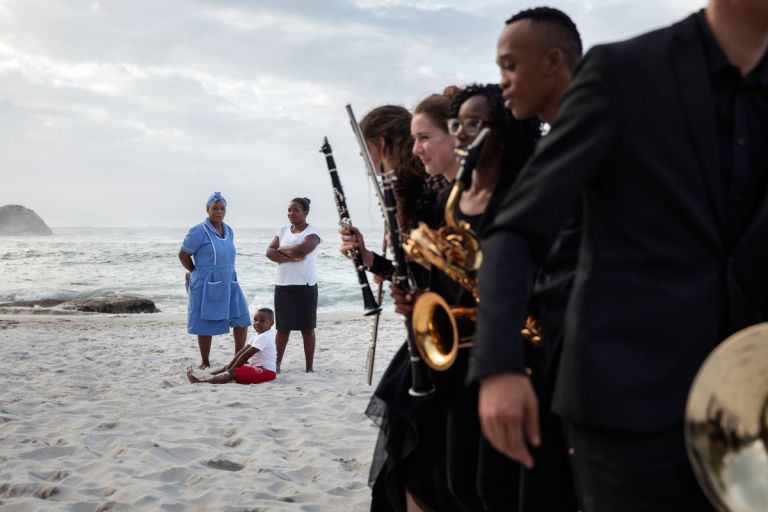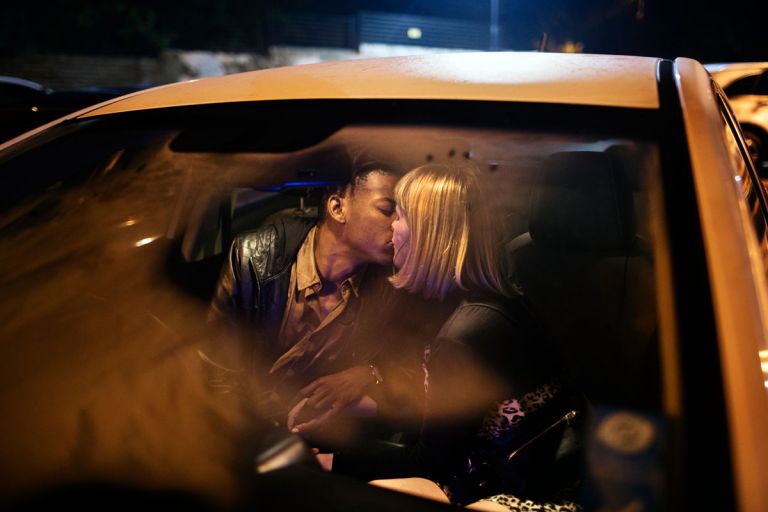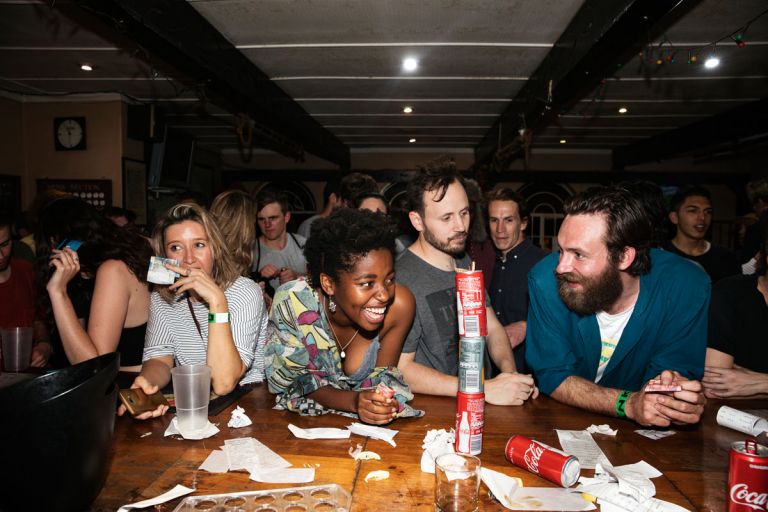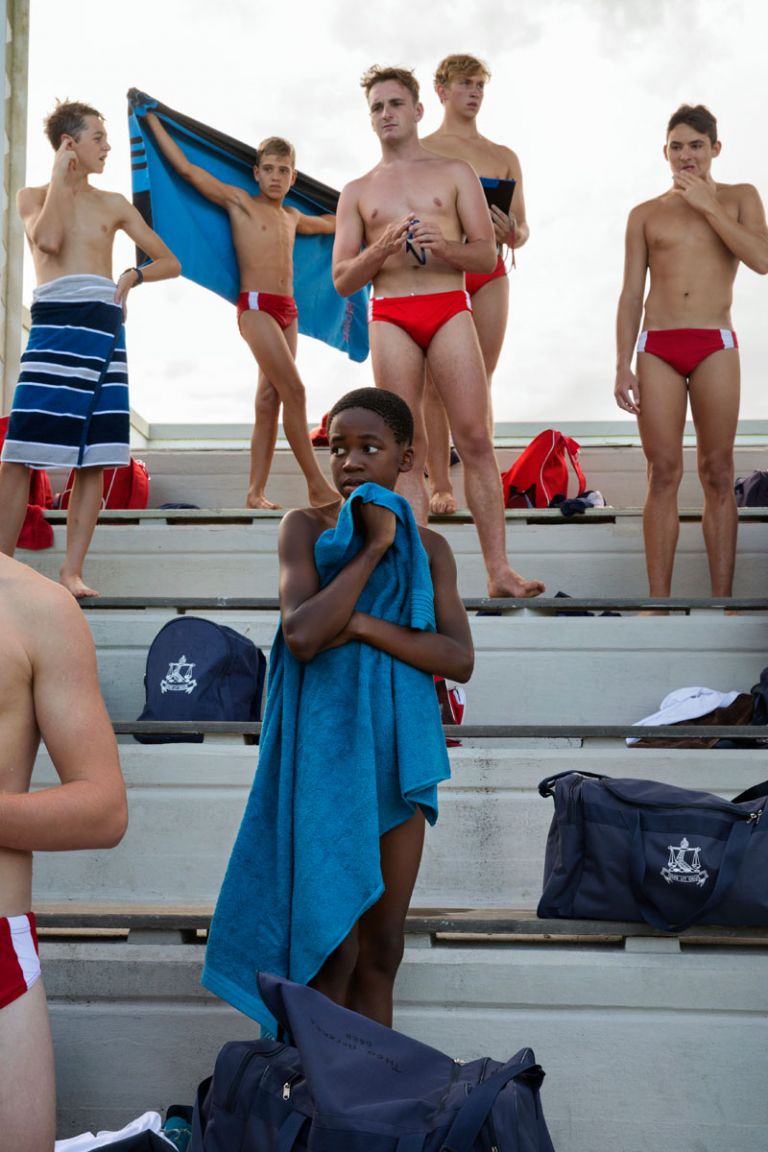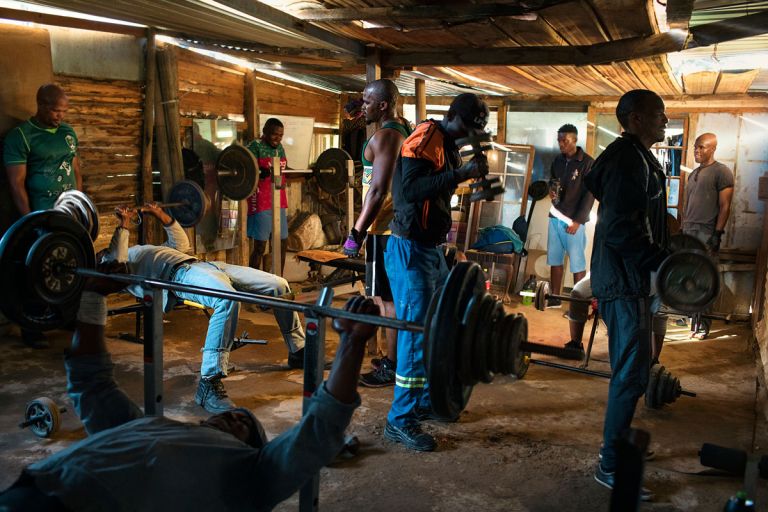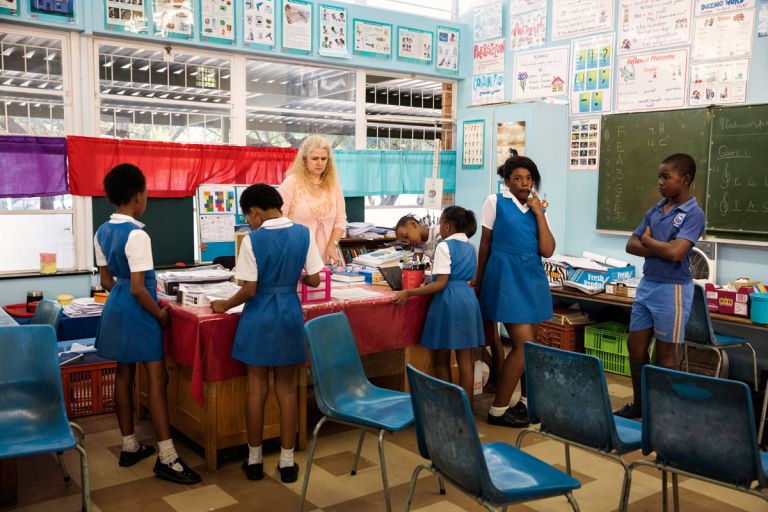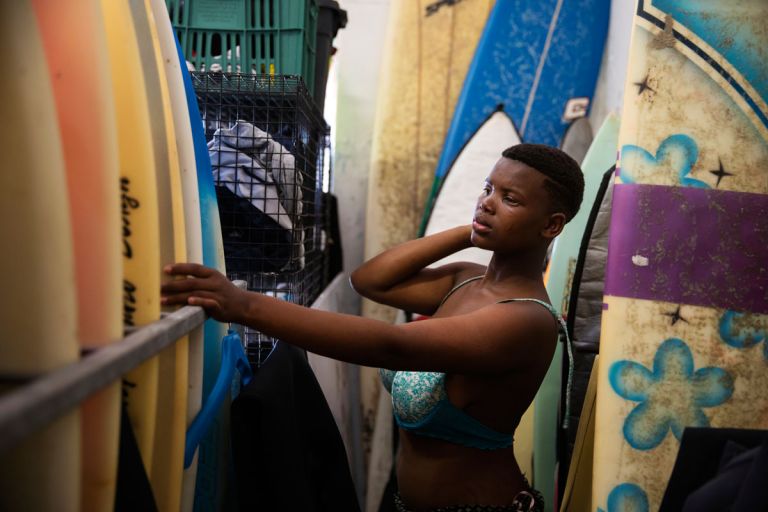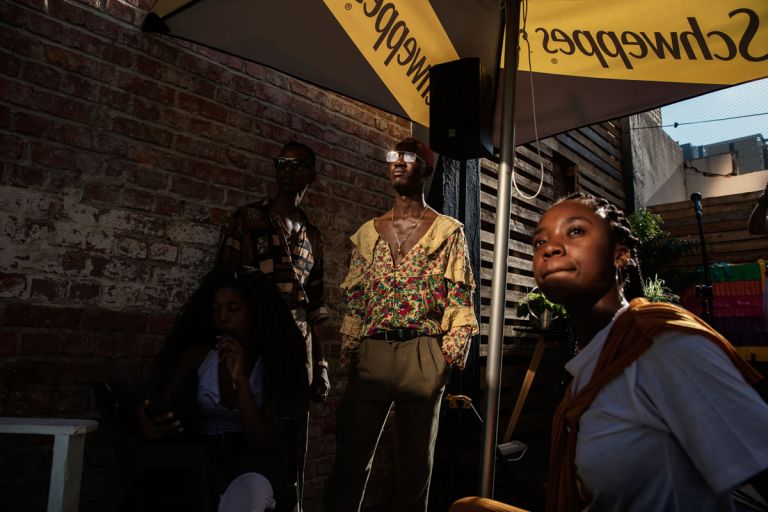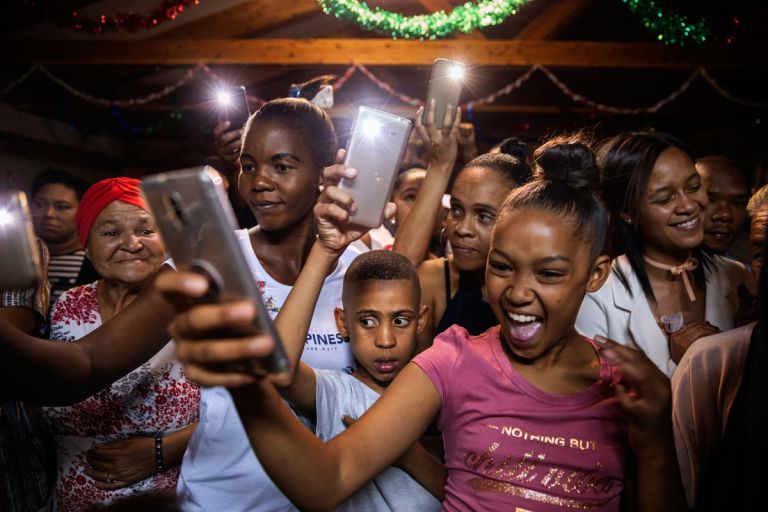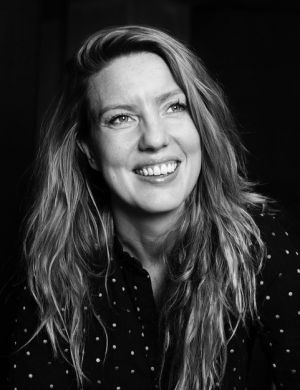
Ilvy Njiokiktjien, The Netherlands
Ilvy Njiokiktjien bought her first camera in 2002, graduated from the school of journalism in her home town, and is working as a photographer and multimedia journalist. She finances long-term projects like the one in South Africa through day jobs for new media. The has been published inter alia in the New York Times, in Spiegel, in the Telegraph Magazine, and in l’Espresso. In 2012, she received the World Press Photo Award in the category Multimedia. In 2018, her photos of new-born babies in Africa were shown at a UNICEF exhibition at the United Nations in Geneva. The jury of the Alfred Fried Photography Awards should like to extend their heartfelt congratulations to her for her peaceful and obviously enjoyable work.
It would unrealistic to regard post-Apartheid South Africa a paradise. According to a World Bank survey, the gulf between rich and poor people is getting wider and wider in this country even 25 years after Mandela’s victory. Violence against women, black women, in particular, is a mass phenomenon just like corruption. It is still worth taking a close look. A look at the many individual deviations from a still great social misery. At the small and big liberties which the once suppressed people in South Africa are taking and also at how they are overcoming the old dividing line in the form of skin colour. At liberties they are taking as regards love, be it homosexual love or love between black and white people. The Dutch photographer Ilvy Njiokiktjien, born in Utrecht in 1984, has taken the time to look. Time for laughter; for the dynamics and the music of this society; for the parties; for the movement of a generation which one could call Nelson Mandela’s children. They have finally made it. Just one example: The first coloured woman has made it to the top of one of the most prestigious universities. It is a start, at the same time reminding us of a rare thing, namely of the generally amazingly peaceful transformation from a racist regime in a society without vengeance. (Text by Peter-Matthias Gaede)
